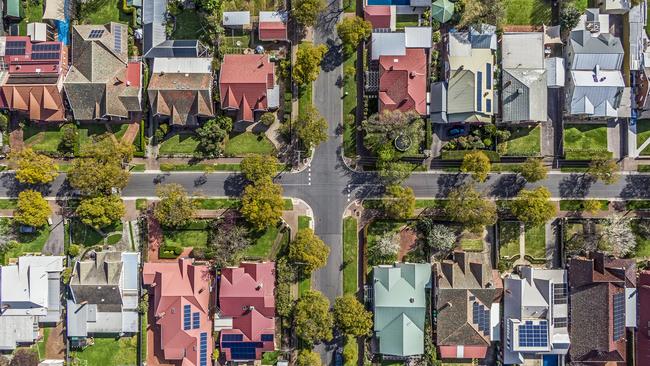Energy operator given new cybersecurity powers as industry ratchets up safeguards
Australia’s energy grid is increasingly driven by foreign-manufactured components and that has prompted new powers for the Australian Energy Market Operator.

The Australian Energy Market Operator will take a central role in the event of a cyber attack against infrastructure after it was granted new powers.
And industry sources says the nation’s transition to renewable energy sources may have heightened the threat.
AEMO’s new responsibilities were introduced under a recent rule change by the Australian Energy Markets Commission, and illustrate the rising concern about the prospect of a cyber attack. Under the rules, AEMO has greater powers to safeguard the grid.
Australia has the world’s largest number per household of rooftop solar-powered electricity generation, which is expected to be the linchpin of the country’s energy transition away from coal. But the increased number of solar panels has created a security flaw, as the bulk of solar inverters – which convert the power from panels into energy that can be fed into the electricity grid – are made in China and connected to the internet.
An increasing number of households are also installing batteries to store excess electricity produced by rooftop solar panels and many of these batteries are also manufactured in China.
While Australia is unlikely to want to or even to be able to undercut Chinese infrastructure, Canberra is aware of the threat cyber attacks pose.
Australia’s energy industry is encouraging the take-up of rooftop solar panels to form a network also involving small batteries as part of the phasing out of coal-fired power generators under a so-called virtual power plant (VPP).

A VPP pools thousands of households or businesses with rooftop solar and batteries. If a user is deemed to have sufficient energy in their battery, it could be discharged into the wholesale market when prices are high, offering a financial return and helping to ease the squeeze on the grid.
But senior figures say as these assets grow increasingly important, China could pose a threat over critical infrastructure.
The threat was a critical reason former Coalition prime minister Malcolm Turnbull banned China’s Huawei from any role in Australia’s 5G network.
The decision soured ties between Australia and China, fuelling a spate of economic sanctions that was described by influential figures as “economic coercion”.
Australia’s relationship with China is improving, but security officials are still concerned about Beijing’s control of critical components – in hot demand due to the global drive to decarbonise – and previous cyber attacks launched from within China.
Last year, Western countries accused a China-based group of cyber intrusions on critical infrastructure. Australian in 2019 determined China was responsible for a cyber attack on federal parliament and the three largest political parties before the general election.
A potential solution would be to provide incentives for new sources of solar generation capacity, which may reinforce the current federal government’s decision to allocate $1bn to build out Australia’s solar manufacturing capacity.
Experts have derided this as ineffective – especially as Chinese manufacturers enjoy vast comparative advantages – but Australian-produced solar cells would reduce the cyber threat.
New manufacturing jobs could also create employment opportunities for displaced workers as Australia’s coal industry wanes.
AEMO expects all of Australia’s coal-fired power plants to have been retired by 2037.




To join the conversation, please log in. Don't have an account? Register
Join the conversation, you are commenting as Logout